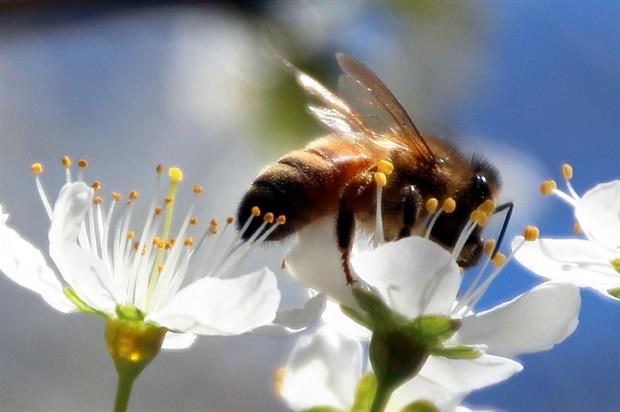A United Nations report on pollinator decline blame loss of habitat, climate change and farming changes, and calls for a range of measures including “bee highways” and tougher controls on new pesticides.

Prepared by an international team of experts including from the Universities of Reading and East Anglia and the Centre for Ecology and Hydrology, it calls for “bee highways”, reducing so-called green deserts, and helping farmers work with nature.
Simon Potts, Professor of Ecosystem Services at the University of Reading, is co-chair of the UN report and lead author of the latest Nature review. He said: “We conducted the most thorough review of the science ever undertaken, sifting through all the available evidence, to provide governments with the best and latest evidence on pollinator decline.
“The UN report is a good start, but now we need action. We need governments, farmers, industry and the public around the world to act to stop further declines in bees and other pollinating animals. Doing nothing is a big risk that could endanger the global supply of nutritious foods and the livelihoods of millions of people.”
The report also suggests how safety procedures for new pesticides and GM crops could be tightened to take into account risks to wild insects. Currently, regulators only require manufacturers to assess risks to honeybees.
It also calls for tighter regulation of movements of managed honeybees to reduce the spread of bee pests and diseases.
Pollinator decline will be on the agenda at talks organised by the UN’s Conference of the Parties (COP) to the Convention on Biological Diversity, in Cancun, Mexico, later this month.












